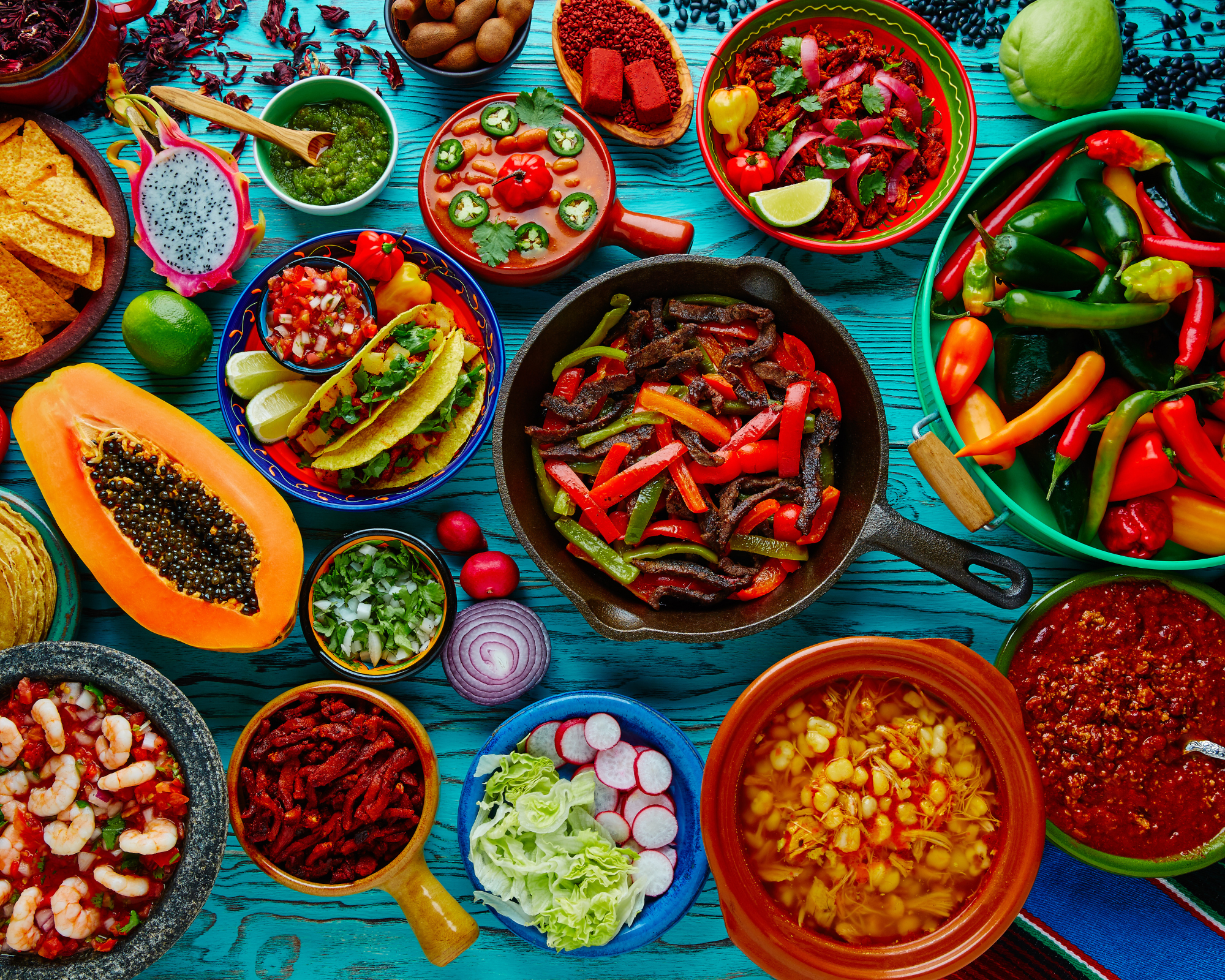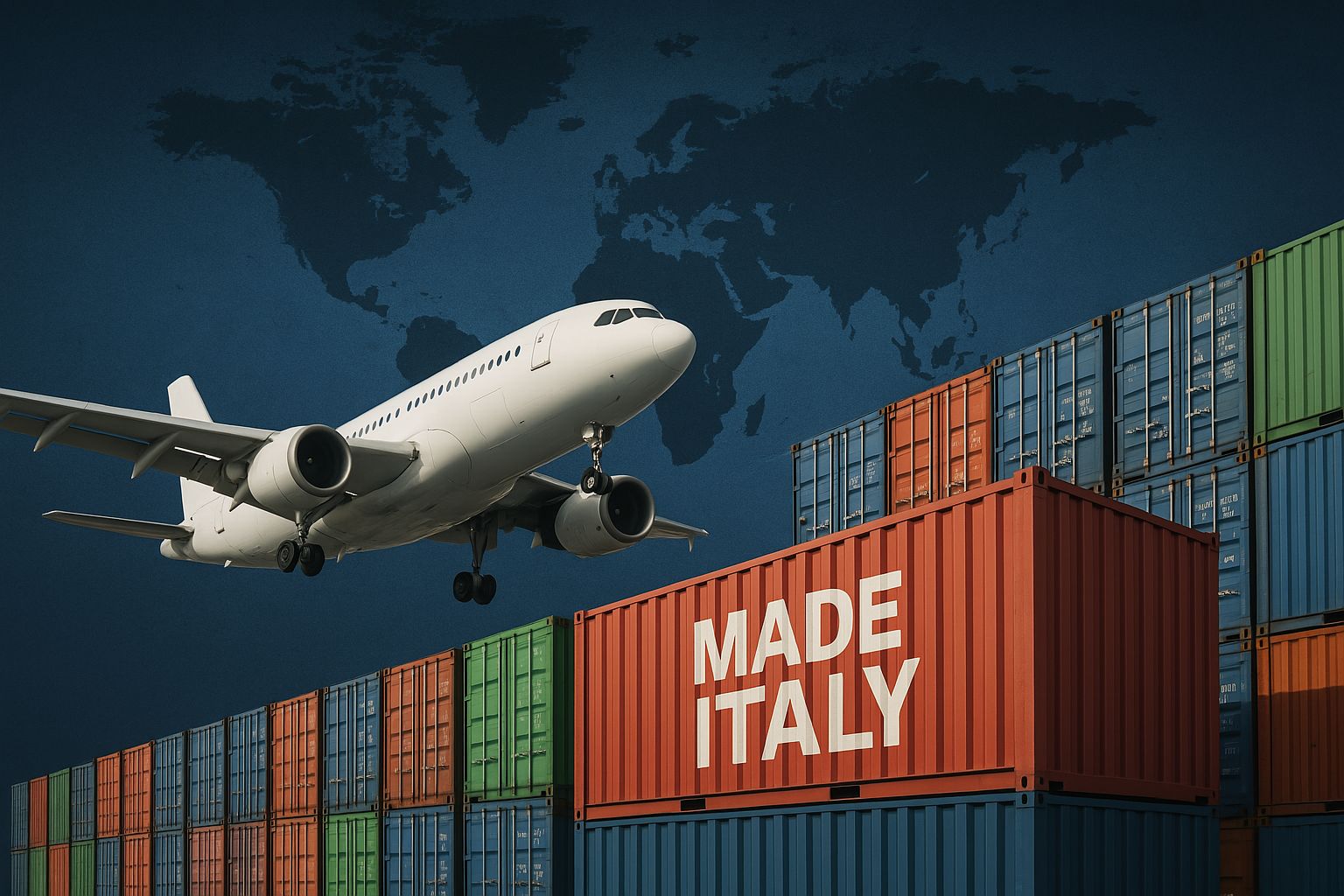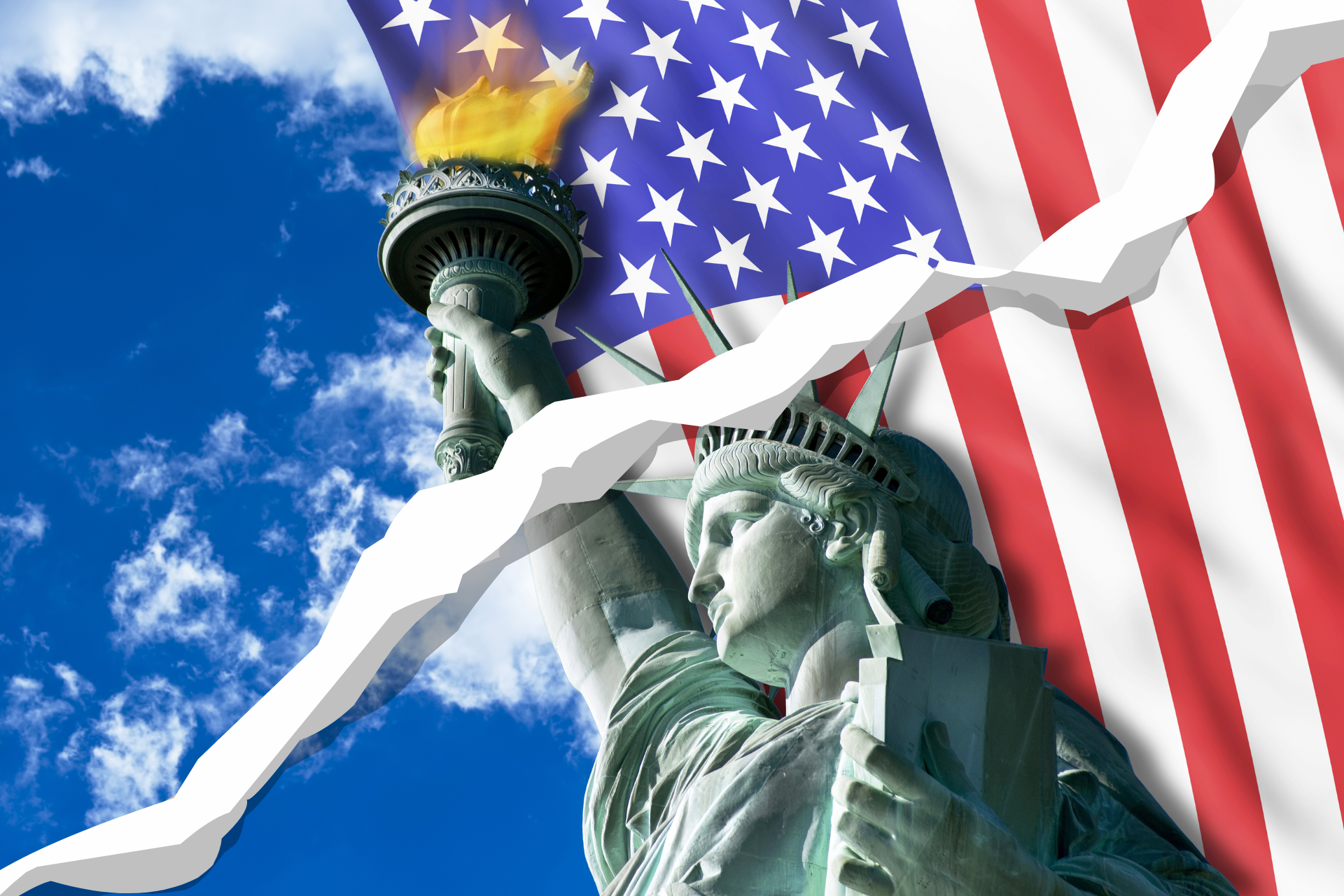After more than two years of pandemic and forced lockdown, many people have started to think more and more about their physical and mental well-being, especially the escape from daily stress and the prevention of diseases, especially cardiovascular and digestive problems. All this has to take into consideration the fuel our bodies need: food.
Recent studies have shown that almost 70% of consumers now pay more attention to ingredient lists on the packaging, preferring natural and healthy food, following the concept of ‘less is more‘.
Thus, producers who are as transparent as possible about food compositions will clearly be rewarded. Moreover, the sustainability and waste aspect should not be underestimated: about 40% of the food produced is wasted (just think that what we throw away would feed about 3 billion more people each year), because it is considered imperfect or has parts that are commonly discarded, resulting in food waste. Thus the concept of ‘upcycled food‘ emerges: the reuse of imperfect products for other purposes, such as making energy bars from ‘ugly’ bananas or recycling vegetable peels to make veggie crisps. Surely a company that invests in the concept of ‘circular food‘ and makes a commitment in reducing its carbon footprint to help the planet can greatly benefit. As a result, there is an increase in demand for fresh fruit and vegetables and non pre packed food, as well as people who for health and/or ethical reasons decide to switch to a vegetarian or vegan diet, opening up the market to plant-based substitutes for meat, fish and/or animal products.
Innovation is certainly another determining factor: with such a wide variety of products available on the market now, it is difficult to appeal to consumers. This, combined with the increasing focus on health and the environment, makes it difficult to offer something new but healthy, especially regarding snacks. Now the consumers like ethnic foods, which represent remote countries or cultures different from their own and with a storytelling.
Finally, it should not be underestimated the impact that digital 4.0 is having on food demands, such as the metaverse, which will revolutionise relationships between people; and gaming, which is opening up possibilities concerning beverages (especially powdered) that enhance concentration and performance of gamers.






